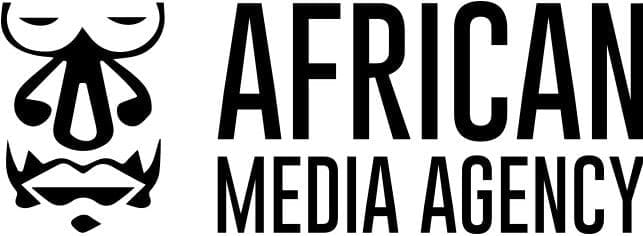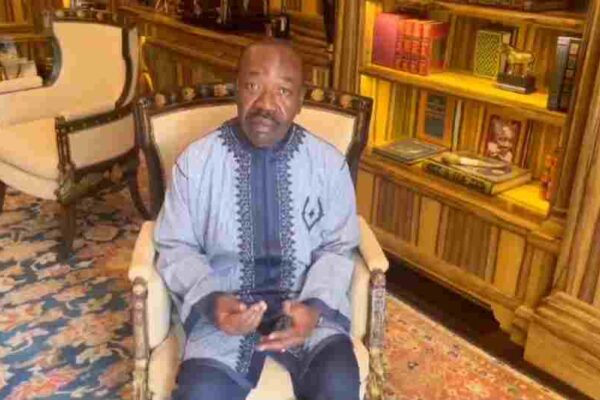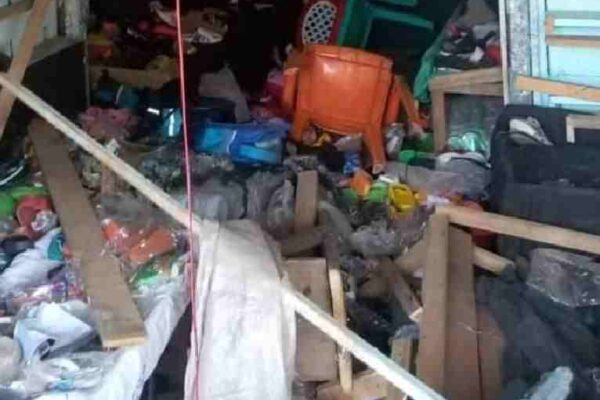
ABUJA, Nigeria, November 26, 2021 -/African Media Agency(AMA)/- The Africa Water and Sanitation Week Conference ended today with the issuance of The Windhoek Multi-Stakeholder Resolutions for Accelerating Water Security and Access to Safely Managed Sanitation and Hygiene in Africa. The Conference was convened virtually by the African Ministers’ Council on Water (AMCOW) and the African Union Commission (AUC) and hosted by the Government of Republic of Namibia.
The Conference provided a platform to over 3000 registered participants for dialogue and knowledge exchange to advance the water and sanitation agenda in Africa. On water governance, the statement calls for the strengthening of policy, legal, institutional and regulatory environments by ensuring context specificity; intra- and inter-sectoral coherency. It calls for upholding the principles of universal social inclusion and equity. The statement further enjoins governments to raise the profile of social accountability and transparency. It notes the vitality of recognizing women and youth as agents for the planning and implementation of the water, sanitation and hygiene agenda in Africa. The statement notes that it is imperative to develop the requisite human resources capacity especially among the women and youth for sustainable services delivery.
On finance, the statement calls on governments and the private sector to significantly increase investments in climate-resilient and inclusive water and sanitation services and infrastructure. The continued support of development banks and partners is cited as a critical enabler. It calls on governments to recommit to both the 2003 PANAFCON commitment of allocating at least 5% of budgets for water and sanitation. It further calls for the e-Thekwini commitment to establish public sector budget allocations of a minimum of 0.5% of GDP for sanitation and hygiene programmes.
On water supply, sanitation and hygiene services governments are called to seize the opportunity of heightened awareness of ensuring water availability, and improved sanitation and hygiene services provision. Further, it calls for keeping up the fight against COVID-19, bringing down the over-all disease burden and preventing future pandemics. It is imperative that pandemic preparedness and response capabilities are strengthened, and the profile of sanitation and hygiene is raised. The statement calls on governments and stakeholders to address the challenges faced in the access of reliable and complete data in the water, sanitation and hygiene. The need to rethink how data on hygiene practices is captured and utilized to inform decision-making and improve sanitation and hygiene programming, and delivery has been emphasized.
On water for growth and economic development, governments and partners are encouraged to prioritize water management and services provision as essential ingredients for poverty alleviation and inclusive development. Further, it calls for the prioritisation of groundwater resources management as a key element of water resources development, utilisation and management. Well-functioning monitoring, assessment and management systems are noted as requisite ingredients to ensure sustainable use of the resources. Ministers also resolved to mobilize groundwater networks, actors and institutions towards a common, harmonized, and evidence-based approach to sustainable groundwater use and management.
On water quality and wastewater management, the statement calls for the strengthening of legal, policy and institutional frameworks for the collection and treatment of solid waste and wastewater. This, the statement emphasizes, should be to a minimum quality standard before reuse and or safe disposal. The statement calls for standardized regulations for wastewater treatment, environmental flows and water quality management in Africa. Particular reference should be paid to: i) arresting and reversing plastic pollution of surface water bodies; and, ii) preventing of groundwater contamination due to unsafe solid waste and wastewater disposal to the environment.
On climate change and resilience, the statement calls attention to the recently published UN’s IPCC Assessment Report and the relevant priorities of the Glasgow Climate Pact. These include integrating water and climate action through adaptation and resilience planning at national and regional levels. It also involves promoting and financing global water monitoring systems to provide timely information about current and future water availability. A call is also made for a proactive approach to flood and drought management centered around monitoring, forecasting, and early warning vulnerability, impact assessment and preparedness, mitigation and response.
Lastly, this Statement also calls for the prioritization of investment for monitoring, evaluation, knowledge, information management and learning to consolidate evidence-based and timely decision making at all levels. It further encourages African governments to foster research and application of knowledge and innovations to inform sector interventions targeted at improving water management and sanitation services provision.
See full details of the statement here
Distributed by African Media Agency (AMA) on behalf of AMCOW.
Notes to Editors
About the African Ministers’ Council on Water (AMCOW)
The African Ministers Council on Water (AMCOW) is an intergovernmental institution of the African Union. AMCOW’s organs and structures serve as the Working Group on Water and Sanitation of the Specialized Technical Committee on Agriculture, Rural Development, Blue Economy and Sustainable Environment (ARBE) of the African Union.
AMCOW’s mission is to provide political leadership, policy direction and advocacy on water management and provision of sanitation services. We do this through convening all relevant actors in the pursuit of the Africa Water Vision; the Ngor commitments on water security and sanitation; and the SDGs. The second aspect of our mandate is to mobilise and facilitate concrete action to achieve water and sanitation goals. In essence, streamlining the contribution of the different categories of actors in order to broaden and deepen the impact of our collective action. Thirdly, we broker and network knowledge and information to support evidence-based policy formulation and implementation at all levels. The overarching goal is to ensure that our initiatives are both informed by, and responsive to the real needs of the water and sanitation community in Africa. Application of the available knowledge and information to guide efficient and effective utilisation of sector funding and investment opportunities is a key element of this function.
To arrange interviews please contact
Mrs Maïmouna Tall Ndiaye
AMCOW Communications and Visibility Manager
[email protected]
or +234 816 055 17 21
or +221 77 695 37 93 (WhatsApp)
For more information, visit https://www.amcow-online.org
Follow AMCOW:
Facebook: @amcowafrica
Twitter: @amcowafrica
Linkedin: https://ng.linkedin.com/company/amcowafrica
Instagram: https://instagram.com/amcowafrica



